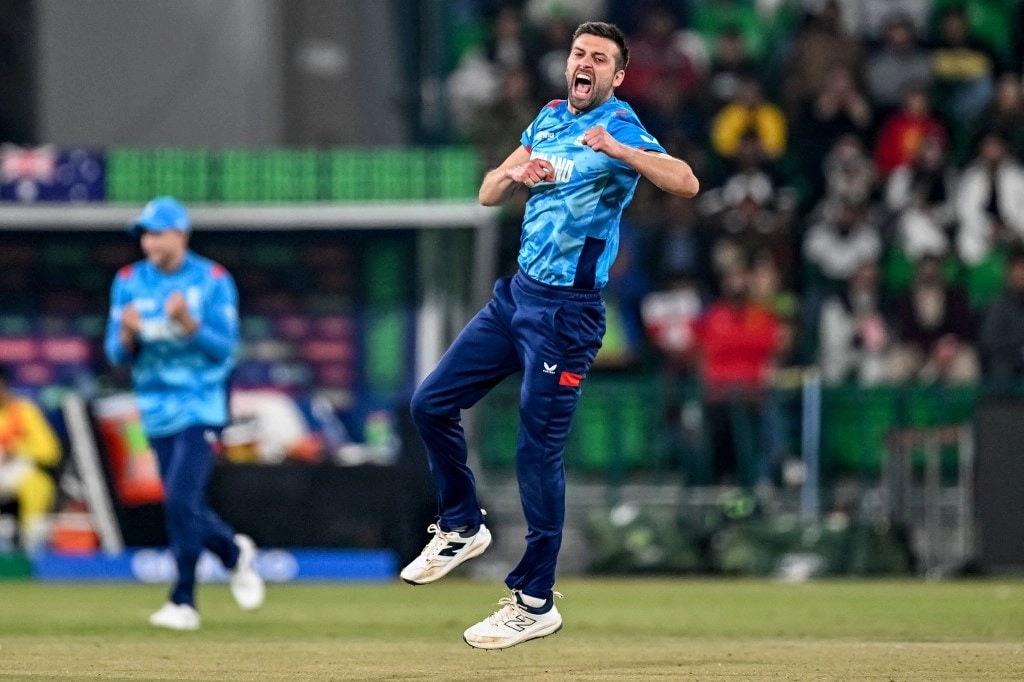The recent diplomatic interactions between India and Pakistan have been marked by significant tension, particularly highlighted by a notable incident that occurred during a high-profile event. In a moment that many observers interpreted as a clear signal of discontent, Indian officials refrained from extending a handshake to their Pakistani counterparts. This seemingly small gesture has resonated widely, symbolizing the broader complexities and hostilities that characterize the relationship between the two neighboring nations. The lack of a handshake was not just a personal slight; it reflected a deeper political narrative that has been unfolding over decades.
India and Pakistan share a tumultuous history, marred by territorial disputes, particularly over the region of Kashmir, as well as accusations of cross-border terrorism. Each diplomatic encounter between the two countries is often scrutinized for underlying tensions, and the absence of a handshake during this particular meeting did not go unnoticed. Analysts have pointed out this moment as emblematic of India’s current stance towards Pakistan, which has increasingly become more assertive and less conciliatory. The Indian government seems to be adopting a strategy that emphasizes a firm posture, signaling that any future discourse will require significant shifts in Pakistan’s behavior, particularly regarding its support for militant groups.
The implications of this incident extend beyond mere protocol. It highlights the challenges both nations face in moving towards a more constructive relationship. While there have been sporadic attempts at dialogue, the underlying mistrust continues to pose significant hurdles. The Indian decision to forgo a handshake can be interpreted as a message not only to Pakistan but also to its own domestic audience, reinforcing a narrative of strength and resolve in the face of external pressures. In a region where gestures often carry profound significance, the refusal to engage in what is traditionally seen as a diplomatic courtesy has underscored the current state of affairs.
As the geopolitical landscape continues to evolve, the dynamics between India and Pakistan will remain crucial not only for regional stability but also for international relations in South Asia. The incident serves as a reminder that beyond formal treaties and agreements, the subtleties of diplomacy—such as a handshake—can have far-reaching consequences. Moving forward, both nations will need to navigate their historical grievances while seeking avenues for dialogue, if they hope to alter the trajectory of their fraught relationship. In an era where communication takes on many forms, fostering an environment conducive to understanding will be essential for both countries to bridge their vast divides.




